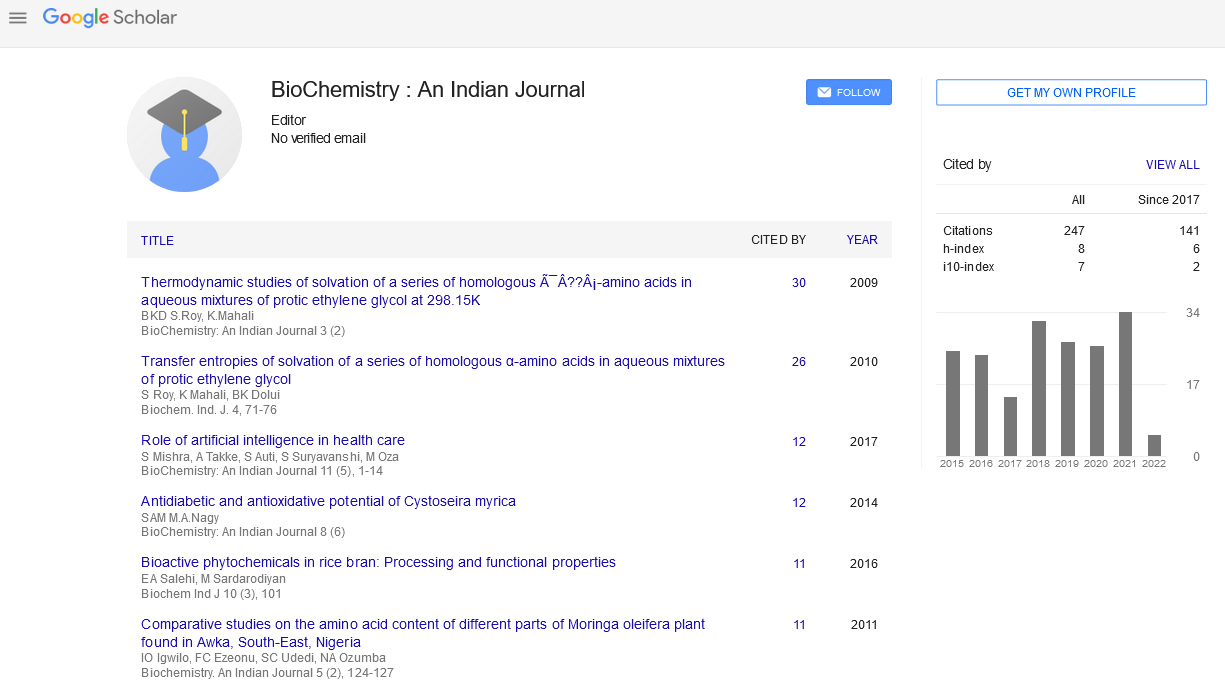Abstract
Responses Of Digestive And Metabolic Enzymes To Dietary Tannin In Labeo Rohita Fingerlings
Author(s): Ashisa K.Prusty, S.Mohapatra, P.Biswas, N.P.Sahu, A.K.PalA 60-days feeding trial was conducted to study the effect of dietary tannin on the response of digestive and metabolic enzyme in Labeo rohita fingerlings. One hundred and eighty fingerlings (avg. weight, 3.2g) were randomly distributed among six treatments with each of 3 replicates. Six isonitrogenous (crude protein 33.98 to 35.11%) and isocaloric (394.42 to 394.74 Kcal DE/100g) diets were prepared with graded levels of tannic acid viz., control (0%), T1 (0.25%), T2 (0.5%), T3 (1.0%), T4 (1.5%) and T5 (2.0%). Protease activity was inversely related with the dietary tannin concentration. Amylase activity in intestine was significantly (P<0.05) inhibited due to dietary tannic acid. Lipase activity also exhibited an inverse relation with dietary tannin. Gluconeogenic enzyme of liver like G6Pase and FDPase activity was significantly (P<0.05) lower in tannic acid fed groups compare to the control. FDPase activity also showed an inverse relation with the dietary tannin content. G6PDH activity in liver showed significant (P<0.05) increase at lower concentrations, being highest at 0.5% of dietary tannin. Muscle AST and ALT activity was significantly (P<0.05) higher at higher concentrations of dietary tannic acid (T4 and T5). Muscle ATPase activity showed decrease in its activity with increase in tannic acid in the diet. From this experiment it seems that dietary tannin even at 0.25% level, significantly affects the digestive and metabolic enzyme of L. rohita fingerlings. This may be considered by the nutritionists while formulating diet for this species.

